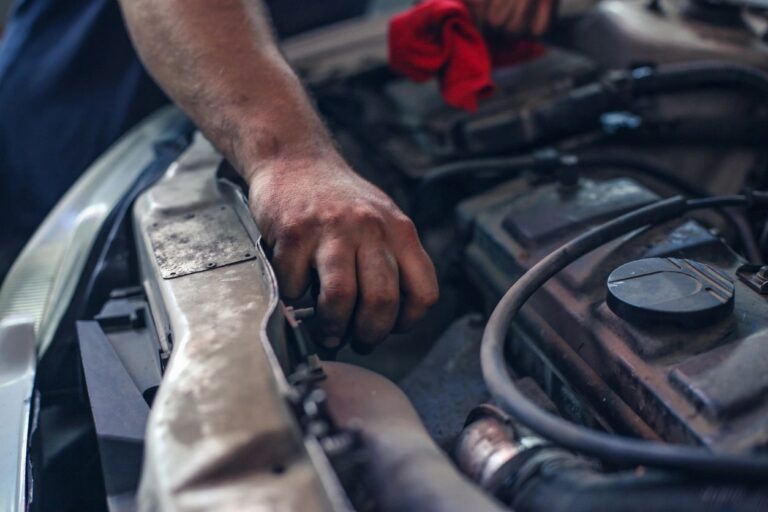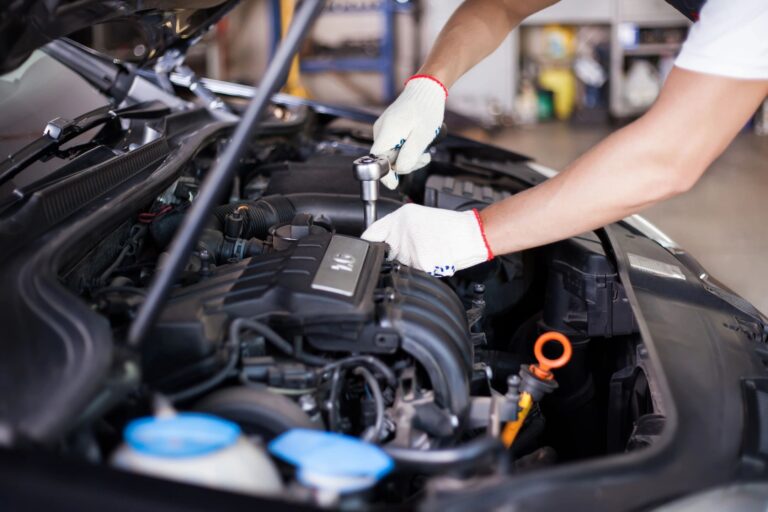A car battery draining overnight can be a frustrating experience, leaving you stranded and inconvenienced. Understanding the potential causes is essential for diagnosing and preventing future occurrences. Below is a comprehensive exploration of the most common reasons for overnight battery drain.
1. Parasitic Drain
Parasitic drain refers to the continuous consumption of power by certain electrical components even when the vehicle is turned off. While some level of parasitic drain is normal—such as the power needed to maintain clock settings or alarm systems—excessive drain can deplete the battery overnight. Common culprits include:
- Interior Lights Left On: Forgetting to turn off interior or trunk lights can lead to battery drain.
- Faulty Relays or Switches: Defective relays may fail to disconnect electrical components, causing them to draw power continuously.
- Aftermarket Accessories: Improperly installed aftermarket devices like alarms, GPS units, or stereo systems can draw power even when the car is off.
2. Faulty Alternator
The alternator charges the battery while the engine runs. A malfunctioning alternator might not charge the battery properly, leading to a drain. Additionally, a bad voltage regulator can overcharge or undercharge the battery, affecting its ability to hold a charge.
3. Worn-Out Wiring
Damaged or frayed wires can create a short circuit, leading to battery drainage. Regular inspection of the vehicle’s wiring can help identify and rectify such issues before they cause significant problems.
4. Natural Aging of the Battery
Car batteries have a finite lifespan, typically between three to five years. As they age, their ability to hold a charge diminishes. An old or weak battery is more prone to draining overnight, especially in extreme weather conditions.
5. Extreme Temperatures
Both hot and cold temperatures can adversely affect a car battery. Cold weather can slow down the chemical reactions within the battery, reducing its ability to hold a charge. Conversely, high temperatures can cause the battery fluid to evaporate, leading to decreased performance.
6. Corroded or Loose Battery Connections
Corrosion on battery terminals can hinder proper charging. Loose connections may prevent the battery from receiving a full charge, leading to overnight drainage. Regular maintenance, including cleaning the terminals and ensuring tight connections, can prevent this issue.
7. Short Drives
Frequent short trips can prevent the alternator from fully charging the battery. Starting the engine requires a significant amount of power, and if the vehicle isn’t driven long enough to recharge, the battery may drain over time.
8. Faulty Sensors
Malfunctioning sensors, such as those responsible for automatic lights, can cause components to remain active even when they shouldn’t be, leading to battery drain.
Preventive Measures
To prevent overnight battery drain:
- Regular Maintenance: Inspect and clean battery terminals, check for loose connections, and ensure the alternator is functioning correctly.
- Limit Short Trips: Combine errands to allow the alternator sufficient time to recharge the battery.
- Proper Storage: If the vehicle won’t be used for an extended period, consider using a battery maintainer to keep it charged.
- Monitor Electrical Components: Ensure all lights and accessories are turned off when the vehicle is not in use.
Understanding these potential causes and implementing preventive measures can help maintain your car battery’s health and reliability. Identifying issues early can save you from inconvenience and potentially costly repairs in the long run.




